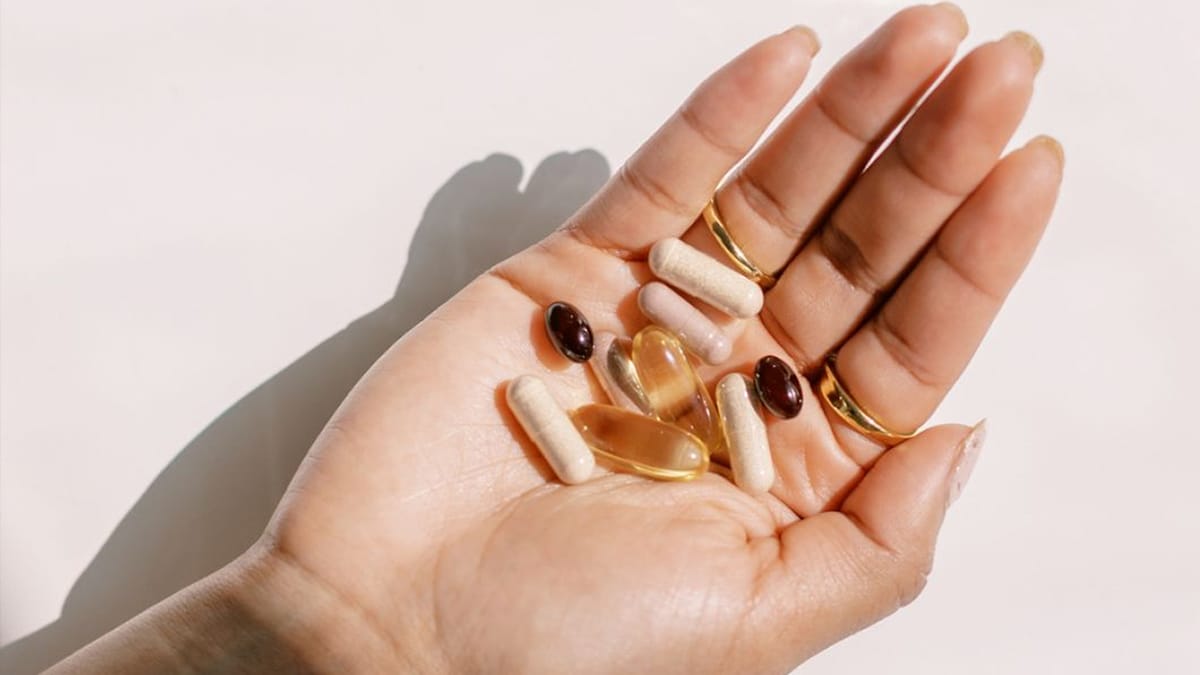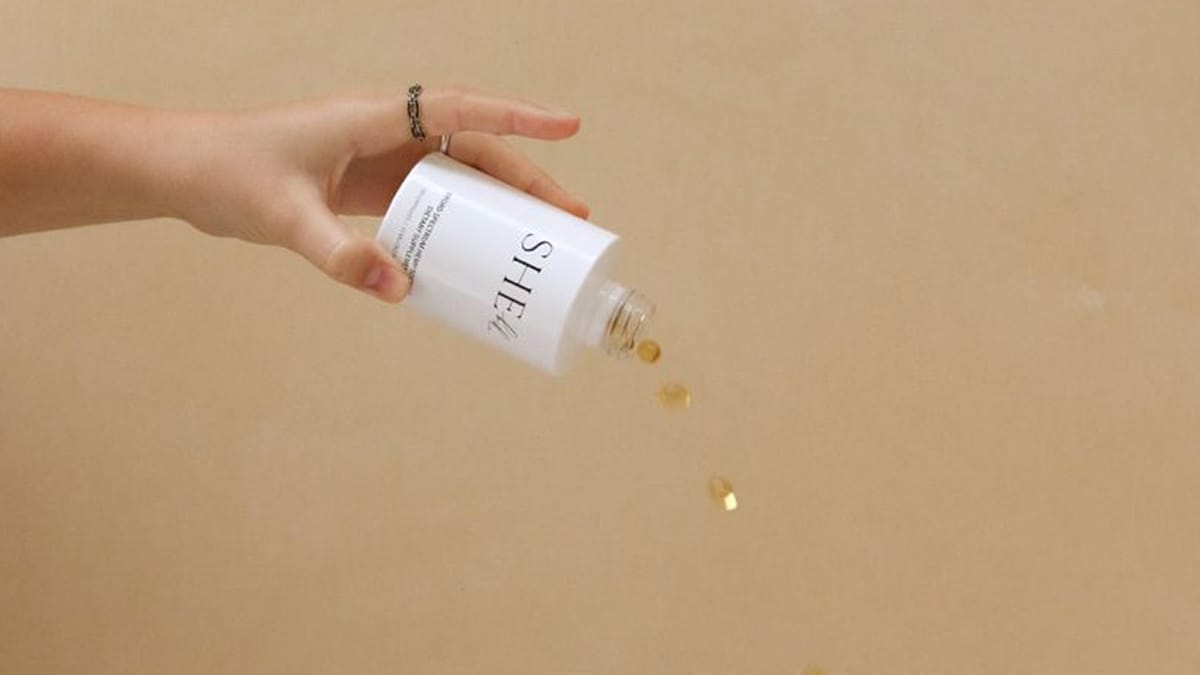5 Powerful Benefits of Vitamin E for Skin and Antioxidant Defense
Vitamin E is one of the most powerful antioxidants your body needs to protect itself from free radical damage. From boosting skin radiance to supporting the immune system and slowing down premature aging, Vitamin E plays a critical role in maintaining long-term wellness.
5 Powerful Benefits of Vitamin E for Skin and Antioxidant Defense
If you’ve ever wondered why dermatologists and nutritionists keep recommending Vitamin E, this article reveals all the proven reasons backed by science.
In this comprehensive guide, we’ll explore the five most powerful benefits of Vitamin E for skin and antioxidant defense, how it works inside your body, and how to get the most out of it safely and effectively.

1. Vitamin E Helps Protect Skin Cells from Oxidative Damage
Every day, your skin is exposed to harmful elements such as UV rays, air pollution, and toxins. These triggers produce free radicals unstable molecules that attack healthy cells, accelerating aging and causing dullness, wrinkles, and dryness.
Vitamin E acts as a lipid-soluble antioxidant, which means it protects the skin’s natural oils and cell membranes from oxidative stress. According to a study published in The Journal of the American Academy of Dermatology, topical Vitamin E significantly reduces cell damage caused by ultraviolet exposure.
Moreover, this vitamin works synergistically with Vitamin C, enhancing photoprotection and reducing sun-induced inflammation. The result? Smoother, more youthful-looking skin that resists environmental damage longer.
2. Promotes Skin Repair and Improves Elasticity
Vitamin E doesn’t just protect; it also repairs. When your skin experiences wounds, scars, or stretch marks, Vitamin E accelerates healing by promoting collagen synthesis and improving tissue regeneration.
Research from the National Center for Biotechnology Information (NCBI) found that Vitamin E supplementation boosts the production of fibroblasts the cells responsible for skin structure and elasticity. That’s why many dermatologists recommend Vitamin E-based serums or oils for post-acne marks, minor burns, and post-surgery scars.
Its moisturizing effect also helps lock in hydration, preventing transepidermal water loss (TEWL), which is crucial for maintaining supple, elastic skin.
3. Strengthens Antioxidant Defense and Fights Free Radicals
Free radicals are one of the leading causes of premature aging, inflammation, and chronic illness. Vitamin E neutralizes these harmful molecules, acting like a shield that prevents oxidative stress from damaging cell DNA and proteins.
In fact, Vitamin E (particularly alpha-tocopherol, its most active form) regenerates other antioxidants in your body, including Vitamin C and glutathione. This makes it an essential part of your internal defense system against oxidative damage.
Studies published in Nutrients Journal show that consistent Vitamin E intake enhances immune cell function and reduces inflammatory markers in the blood, helping the body maintain balance and resilience.
4. Enhances Moisture Retention and Prevents Dry Skin
One of the most loved benefits of Vitamin E is its ability to deeply hydrate the skin. It acts as a natural emollient, restoring the lipid barrier and improving moisture retention. People with dry, flaky, or sensitive skin often experience remarkable improvement after adding Vitamin E oil or supplements to their routine.
Vitamin E supports the sebaceous glands, which produce sebum — the skin’s natural oil. This ensures smoother texture, reduced flakiness, and better absorption of other nutrients and skincare ingredients.
For people in colder climates or those exposed to air-conditioned environments, Vitamin E can be a game changer to prevent dull, dehydrated skin.
5. Supports Immune Function and Reduces Inflammation
While most people associate Vitamin E with skincare, its benefits go far beyond the surface. This essential nutrient strengthens the immune system by enhancing T-cell activity, the white blood cells that defend the body against viruses and infections.
Studies from the Harvard School of Public Health confirm that Vitamin E supplementation improves immune responses, especially in older adults. It reduces chronic inflammation and helps the body recover faster from stress or fatigue.
Because inflammation is a root cause of many diseases from arthritis to heart problems Vitamin E’s anti-inflammatory power plays a vital role in long-term wellness.
How to Get Enough Vitamin E Naturally
You can get Vitamin E from both dietary sources and supplements. Foods rich in Vitamin E include:
Almonds and sunflower seeds
Avocados
Spinach and kale
Olive oil and wheat germ oil
Hazelnuts and peanuts
For those who find it difficult to meet daily requirements through food alone, supplements can help. However, always consult a healthcare professional before starting high-dose Vitamin E capsules, as excessive intake can interfere with blood clotting or interact with certain medications.
Best Ways to Use Vitamin E for Skin Health
To maximize its effects, combine topical and dietary approaches. For example, apply a Vitamin E serum at night to help repair skin while you sleep, and consume Vitamin E-rich foods during the day for systemic support.
Mixing Vitamin E oil with Vitamin C or aloe vera gel enhances absorption and adds soothing benefits — ideal for sensitive or sun-damaged skin.
Frequently Asked Questions (FAQ)
1. Can I apply Vitamin E directly on my skin?
Yes, you can apply pure Vitamin E oil or serums containing Vitamin E directly to your skin. However, people with sensitive or acne-prone skin should dilute it with a carrier oil such as jojoba or coconut oil to prevent clogged pores or irritation.
2. Is it safe to take Vitamin E supplements every day?
Generally, yes. The recommended daily allowance (RDA) for adults is around 15 mg (22 IU). However, excessive intake above 1,000 mg (1,500 IU) per day can cause side effects, such as nausea or increased bleeding risk. Always consult your healthcare provider before long-term use.
3. How long does it take to see results on skin after using Vitamin E?
Results vary depending on your skin type and consistency of use. Most users notice smoother, more hydrated skin within 2–4 weeks of applying topical Vitamin E or after including Vitamin E-rich foods in their diet.
4. Can Vitamin E help with acne scars or dark spots?
Yes, Vitamin E promotes healing and collagen repair, which can gradually fade acne scars and hyperpigmentation. For best results, combine it with Vitamin C or use dermatologically formulated serums.
5. What is the best time to use Vitamin E for skin repair?
Nighttime is the most effective period since your skin regenerates while you sleep. Applying Vitamin E serum or cream before bed allows deep absorption and optimal recovery.
6. Can Vitamin E improve hair and nail health too?
Absolutely. Vitamin E improves blood circulation to the scalp and strengthens hair follicles, reducing breakage. It also supports nail growth and prevents brittleness due to its moisturizing properties.
7. What are the best Vitamin E products to consider?
You can explore these five common forms of Vitamin E-rich products:
Vitamin E moisturizing cream for dry or mature skin
Vitamin E facial serum with hyaluronic acid
Vitamin E dietary capsules for internal antioxidant support
Vitamin E-enriched body lotion for full-body hydration
Vitamin E oil blend with aloe vera for after-sun care
All these forms can be used safely as part of your daily wellness and beauty routine.
Tips, Tricks, and Precautions When Using Vitamin E
Always perform a patch test before applying Vitamin E oil to avoid allergic reactions.
Don’t use pure Vitamin E oil on oily or acne-prone skin; dilute it first.
Choose “d-alpha-tocopherol” in supplements it’s the most bioactive natural form.
Store Vitamin E oil or capsules away from sunlight and heat to prevent oxidation.
Combine Vitamin E with Vitamin C for maximum antioxidant and skin-protective benefits.
Final Thoughts: How to Make the Most of Vitamin E
Consistency is key — both diet and topical use should be maintained daily.
Combine Vitamin E with other skin nutrients like Vitamin C, zinc, and omega-3s.
Eat a balanced diet with nuts, seeds, and leafy greens to sustain Vitamin E levels naturally.
Avoid smoking and excessive alcohol intake, as they deplete antioxidants.
Stay hydrated; Vitamin E works best when your cells are well hydrated.
Protect your skin from UV damage to enhance Vitamin E’s protective role.
Consult a dermatologist or nutritionist to personalize your Vitamin E intake and dosage.
With consistent care, Vitamin E can dramatically improve not only your skin’s texture and glow but also your overall vitality, keeping you younger and healthier for years to come.
Reference & Additional Reading
Inspired by studies and insights from:
www.health.harvard.edu
www.menshealth.com
www.healthline.com
www.womenshealthmag.com
www.ncbi.nlm.nih.gov
www.webmd.com
www.medlineplus.gov
www.tridenttech.edu
www.burnexia.com

